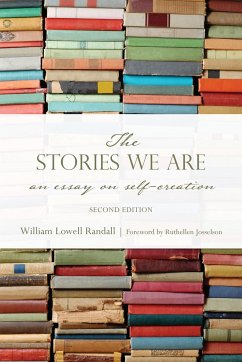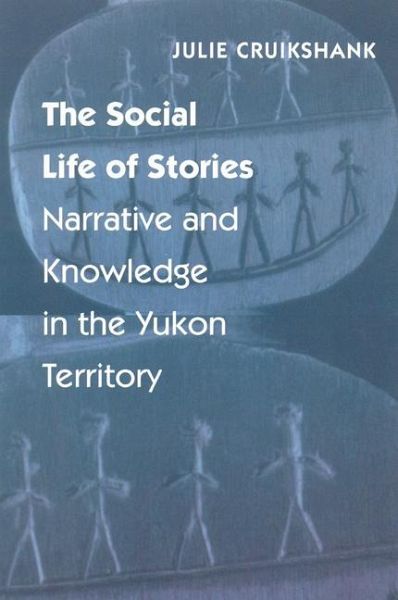
The Social Life of Stories
Narrative and Knowledge in the Yukon Territory
Versandkostenfrei!
Versandfertig in über 4 Wochen
17,99 €
inkl. MwSt.

PAYBACK Punkte
9 °P sammeln!
In this theoretically sophisticated study of indigenous oral narratives, Julie Cruikshank explores the social significance of storytelling. Circumpolar Native peoples today experience strikingly different and often competing systems of narrative and knowledge. These systems include traditional oral stories; the authoritative, literate voice of the modern state; and the narrative forms used by academic disciplines to represent them to outsiders. Pressured by other systems of narrative and truth, how do Native peoples use their stories and find them still meaningful in the late twentieth century...
In this theoretically sophisticated study of indigenous oral narratives, Julie Cruikshank explores the social significance of storytelling. Circumpolar Native peoples today experience strikingly different and often competing systems of narrative and knowledge. These systems include traditional oral stories; the authoritative, literate voice of the modern state; and the narrative forms used by academic disciplines to represent them to outsiders. Pressured by other systems of narrative and truth, how do Native peoples use their stories and find them still meaningful in the late twentieth century? Why does storytelling continue to thrive? Cruikshank addresses these questions by deftly blending the stories gathered from her own fieldwork with interdisciplinary theoretical perspectives on dialogue and storytelling. Her analysis reveals the many ways in which the artistry and structure of storytelling mediate between social action and local knowledge in indigenous northern communities.



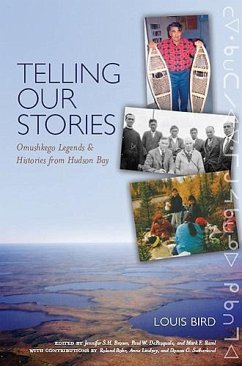
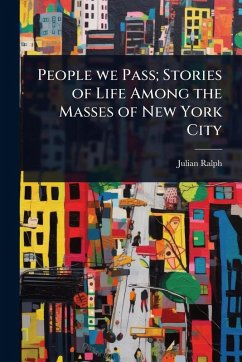
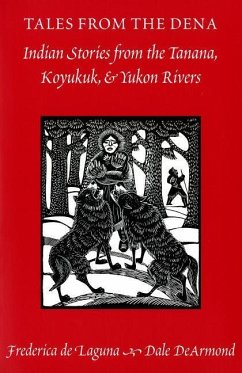
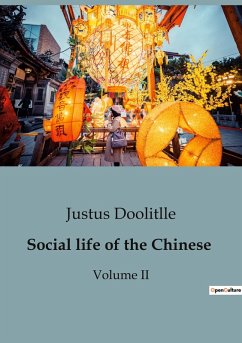
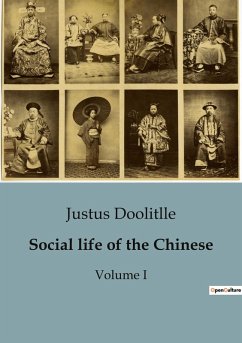
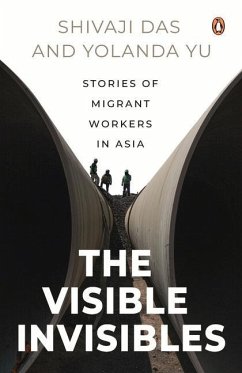

![Community, a Sociological Study [microform]: Being an Attempt to Set out the Nature and Fundamental Laws of Social Life Cover Community, a Sociological Study [microform]: Being an Attempt to Set out the Nature and Fundamental Laws of Social Life](https://bilder.buecher.de/produkte/66/66148/66148569n.jpg)
